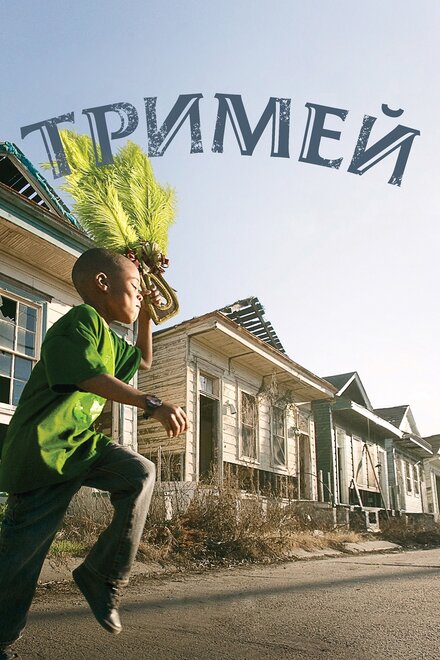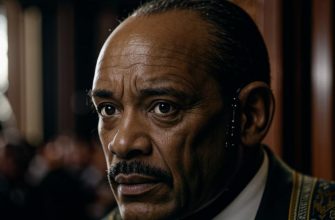“Treme”, 2010
Director: Anthony Hemingway, Ernest R. Dickerson, Agnieszka Holland, Jim McKay
Although not a film, “Treme” is an essential television series by David Simon and Eric Overmyer that deserves mention for its deep and nuanced portrayal of New Orleans in the aftermath of Hurricane Katrina. Focusing on a diverse set of characters, from musicians to chefs, the series explores the cultural, social, and economic rebuild of the city.
Starring: Khandi Alexander, Rob Brown, Kim Dickens, Melissa Leo, Lucia Micarelli, Clarke Peters, Wendell Pierce, Steve Zahn, Michiel Huisman, India Ennenga;
Production year: 2010;
Genre: drama, music;
Age: 18+;
Rating: IMDB: 8,3;
“Beasts of the Southern Wild”, 2012
Director: Benh Zeitlin

Directed by Benh Zeitlin, this magical realist film tells the story of a young girl named Hushpuppy who lives with her ailing father in the Southern Louisiana bayou. While Hurricane Katrina is never mentioned by name, the film's setting and themes are heavily influenced by the hurricane's aftermath and the resilience of the community.
Starring: Quvenzhané Wallis, Dwight Henry, Levy Easterly, Lowell Landes, Pamela Harper, Gina Montanna, Amber Henry, Jonshel Alexander, Nicholas Clark, Joseph Brown;
Production year: 2012;
Genre: drama, fantasy;
MPAA rating: pg13;
Duration: 91 min.;
Rating: IMDB: 7,2;
More information about the film “Beasts of the Southern Wild” on the website imdb.com
“Katrina Babies”, 2022
Director: Edward Buckles Jr.
A documentary that offers a poignant look at the long-term impact of Hurricane Katrina on the children who lived through it. Directed by Edward Buckles Jr., it explores the emotional and psychological scars left on a generation, highlighting issues of trauma, race, and community resilience.
Starring: Calvin Baxter, Arnould Burks, Damaris Calliet, Cierra Chenier, Quintina Thomas Green, Heather Haynes, Ray Nagin, Miesha Williams, Mike Myers;
Production year: 2022;
Genre: documentary, biography, history;
Age: 18+;
Duration: 79 min.;
Rating: IMDB: 7,3;
These films and series, each in their own way, shed light on the many dimensions of Hurricane Katrina's impact, from the personal to the political, and contribute to the broader conversation about disaster response, resilience, and recovery.
In conclusion, films about Hurricane Katrina serve not only as a cinematic exploration of one of the most devastating natural disasters in American history but also as poignant narratives that underscore the resilience of the human spirit. These films navigate the intricate tapestry of loss, despair, hope, and rebuilding, capturing the heart-wrenching realities faced by the victims and the monumental challenges in the aftermath. By weaving together personal stories with the broader social and political context, these works invite viewers to reflect on the impact of Katrina beyond the sensational headlines, offering a deeper understanding of the collective trauma and the indomitable will to recover and rebuild. As such, these films stand as vital cultural artifacts, preserving the memory of the tragedy while inspiring ongoing dialogue and solidarity in the face of future adversities.











